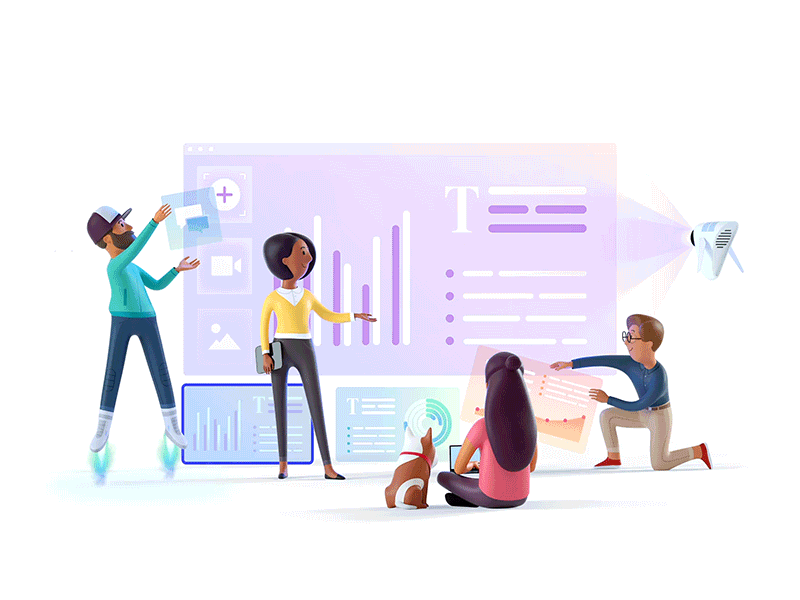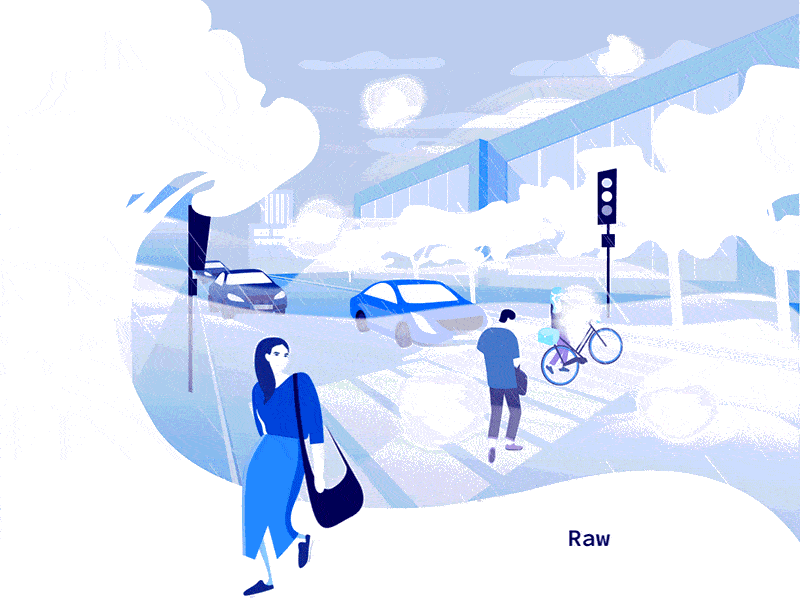FUTURE SOCIETIES FOUNDATION

One definition: "A human-centered society that balances economic advancement with the resolution of social problems by a system that highly integrates cyberspace and physical space."
WHAT IS SOCIETY 5.0

In the information society (Society 4.0), cross-sectional sharing of knowledge and information was not enough, and cooperation was difficult.
Because there is a limit to what people can do, the task of finding the necessary information from overflowing information and analyzing it was a burden, and the labor and scope of action were restricted due to age and varying degrees of ability. Also, due to various restrictions on issues such as a decreasing birthrate and aging population and local depopulation, it was difficult to respond adequately.

Society 5.0 achieves a high degree of convergence between cyberspace (virtual space) and physical space (real space). In the past information society (Society 4.0), people would access a cloud service (databases) in cyberspace via the Internet and search for, retrieve, and analyze information or data.
In Society 5.0, a huge amount of information from sensors in physical space is accumulated in cyberspace. In cyberspace, this big data is analyzed by artificial intelligence (AI), and the analysis results are fed back to humans in physical space in various forms.
In the past information society, the common practice was to collect information via the network and have it analyzed by humans. In Society 5.0, however, people, things, and systems are all connected in cyberspace and optimal results obtained by AI exceeding the capabilities of humans are fed back to physical space. This process brings new value to industry and society in ways not previously possible.
Society 5.0 Will Bring About a Human-centered Society
In society up to now, a priority has generally been placed on social, economic, and organizational systems with the result that gaps have arisen in products and services that individuals receive based on individual abilities and other reasons. In contrast, Society 5.0 achieves advanced convergence between cyberspace and physical space, enabling AI-based on big data and robots to perform or support as an agent the work and adjustments that humans have done up to now. This frees humans from everyday cumbersome work and tasks that they are not particularly good at, and through the creation of new value, it enables the provision of only those products and services that are needed to the people that need them at the time they are needed, thereby optimizing the entire social and organizational system.
This is a society centered on each and every person and not a future controlled and monitored by AI and robots.
Achieving Society 5.0 with these attributes would enable not just Japan but the world as well to realize economic development while solving key social problems. It would also contribute to meeting the Sustainable Development Goals (SDGs) established by the United Nations.
Aiming for a New Human-centered Society